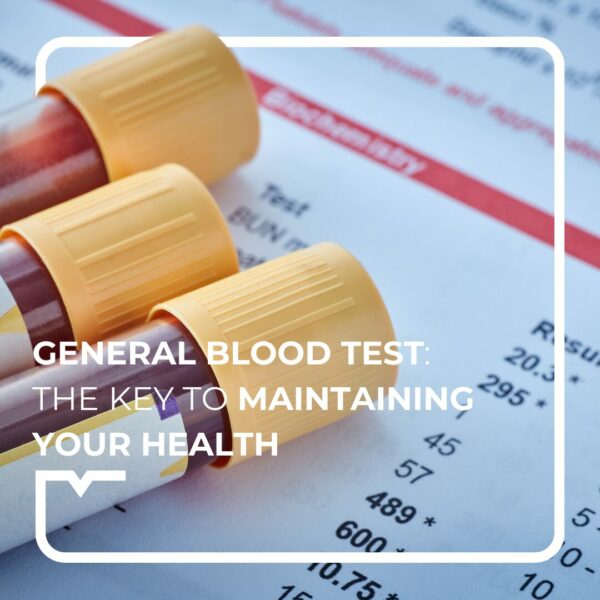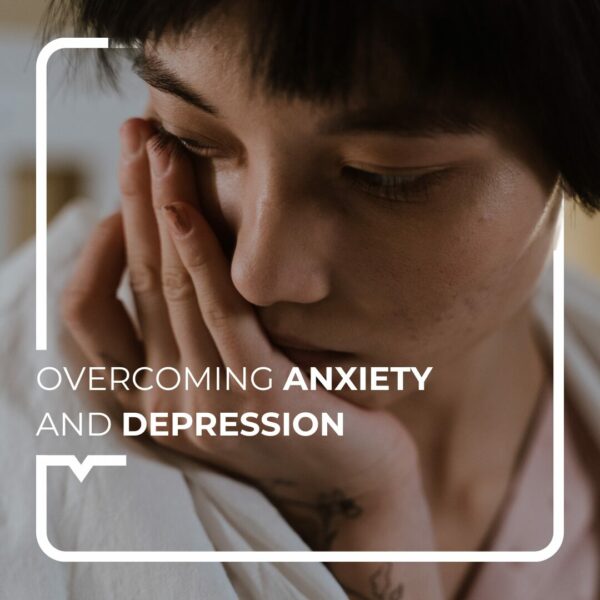What is gastroenteritis?
Gastroenteritis is a very common viral illness in the fall/winter, which is caused by inflammation of the digestive tract. Rotavirus is the virus that most often causes gastroenteritis.
If it is generally of viral origin, it can also be due to a bacteria or a parasite, especially in people who travel abroad: this is called « tourista » or « traveler’s diarrhea ».
The gastroenteritis’ symptoms
Symptoms of gastroenteritis usually last 24-72 hours:
- Sudden acute diarrhea (at least 3 liquid or semi liquid stools per 24-hour period) with occasional blood in the stool.
- Nausea and/or vomiting.
- Abdominal cramps.
- Mild fever (38°C).
- Loss of appetite.
- Headache and muscle pain in some cases.
This is an unpleasant but mostly benign illness.
However, seek medical advice if symptoms persist beyond 36h. It can also have serious consequences for those who are more fragile, including the elderly and infants because of the risk of dehydration. If this is the case, head to the ER!
Hygiene measure to follow in cas of gastrenteritis
Highly contagious, gastroenteritis requires adopting simple hygiene measures, to avoid catching and transmitting it: wash your hands regularly, clean contaminated objects and surfaces, avoid contact with other people…
How to treat gastroenteritis
To heal yourself, there is nothing better than a good rest! Also remember to hydrate well! and choose foods like rice, pasta, bananas… to not assault your digestive system. Avoid raw fruits and vegetables, orange juice and dairy products.
For pain, the doctor may prescribe painkillers and/or antispasmodics, as well as antidiarrheals for diarrhea and vomiting. If you have symptoms, see your GP!
This information is not a substitute for medical advice.
You must seek the advice of your doctor or another qualified health professional with any questions you may have regarding your health condition.



